begin partial quote from:
Australian state reports highest daily increase in coronavirus deaths
From CNN's Angus Watson in Sydney and Isaac Yee in Hong Kong
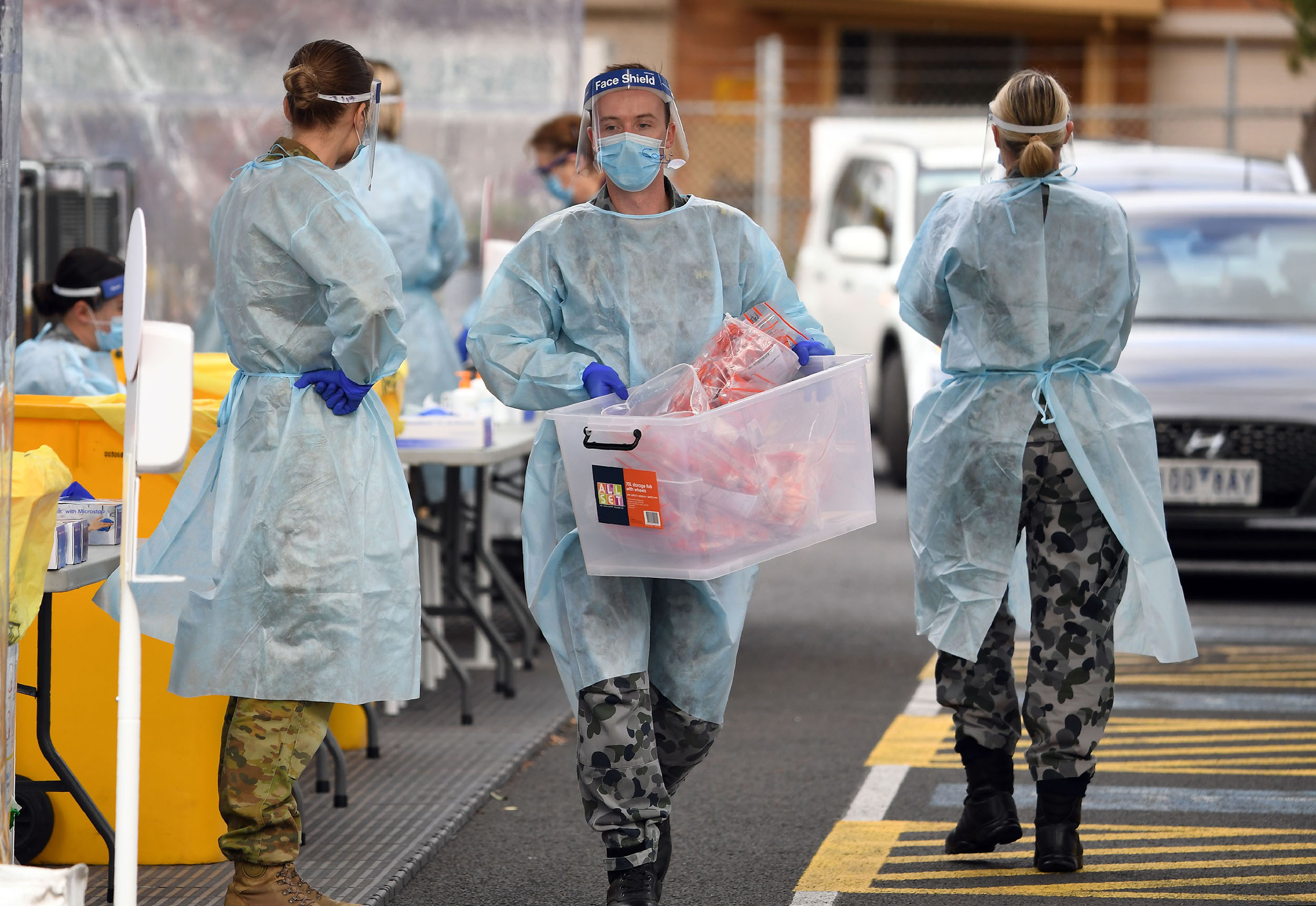
Australia’s Victoria state recorded 21 new deaths from Covid-19 in the past 24 hours -- the largest single-day spike in fatalities since the pandemic began, the state's Department of Health and Human Services announced Wednesday.
The new casualties bring Victoria's total coronavirus death toll to 267.
The department also announced 410 new Covid-19 cases, raising the total number of infections in Victoria to 15,251.
Mexico reports nearly 1,000 new Covid-19 deaths
From journalist Karol Suarez in Mexico City
Mexico identified 926 new deaths from the novel coronavirus on Tuesday, taking the total number of fatalities to 53,929, the country's Health Ministry reported.
The country holds the third-highest coronavirus death toll in the world, after the United States and Brazil, according to Johns Hopkins University's tally.
Mexico's Health Ministry also recorded 6,686 new infections Tuesday, bringing the total number of cases to 492,522.
CNN is tracking worldwide coronavirus cases here:
New Zealand election date in doubt after new coronavirus cases emerge
From CNN's Isaac Yee
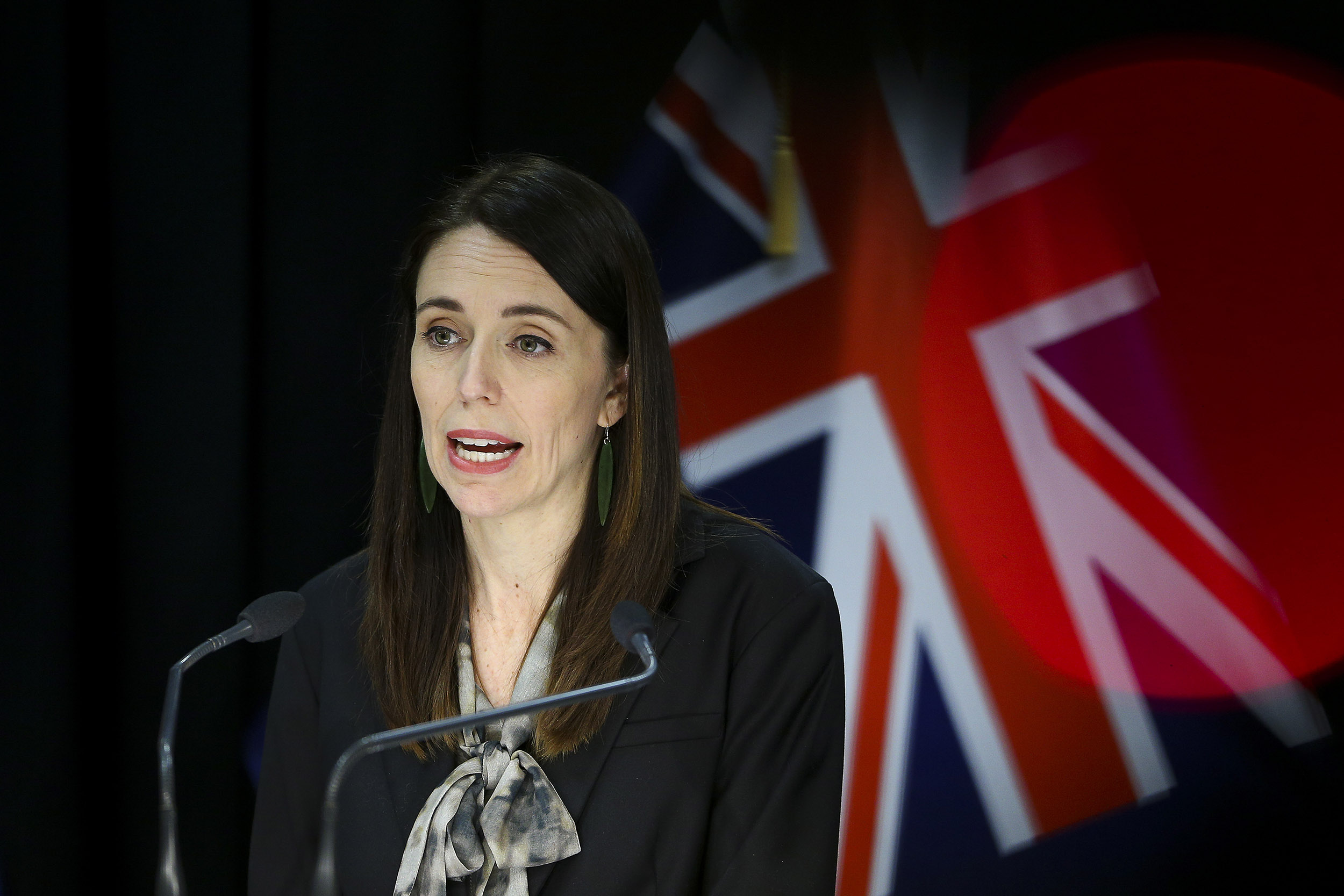
New Zealand will defer the dissolution of Parliament "by at least a few days," which would allow it to reconvene if needed, Prime Minister Jacinda Ardern announced at a news conference Wednesday.
The dissolution of Parliament was scheduled to take place on Wednesday in a key step toward holding a national election on September 19.
Ardern said that “no decision yet as you can imagine” has been taken regarding the postponement of the election.
The announcement comes after New Zealand confirmed four new locally transmitted Covid-19 cases Tuesday, breaking the 102-day streak the country had gone without recording a local infection.
All four of the cases were found within one household in South Auckland, and none of them had recently traveled outside of New Zealand, according to New Zealand's Director-General of Health Dr. Ashley Bloomfield.
Elderly homes closed: Ardern also announced Wednesday that all retirement homes in New Zealand will be closed off in a bid to protect “vulnerable ” communities from the spread of coronavirus.
Ardern said all aged care facilities would be closed to everyone but staff and essential deliveries from noon local time Wednesday.
“I realize how incredibly difficult this will be for those who have loved ones living in these facilities but it is the strongest way that we can protect and look after them,” Ardern said.
Mass testing: Speaking at the same news conference, Bloomfield said health officials have prepared “to test tens of thousands of people in the coming days, so we can see if there are anymore cases of Covid-19 in the community.”
He added that New Zealand has over 270,000 coronavirus tests in stock, with the ability to process 12,000 tests per day.
Back into lockdown: Auckland, the most populous city in New Zealand, was placed under level 3 restrictions following the confirmation of the new cases Tuesday. All non-essential businesses, including restaurants and bars, are closed, and residents are only allowed to leave home for essential activities such as grocery shopping. Schools in Auckland will also be closed for three days.
The rest of New Zealand went into level 2 restrictions, where businesses can remain open as long as they follow public health guidelines.
"I've taken it myself": Russian CEO says he has administered Covid-19 vaccine to his family
From CNN's Leinz Vales
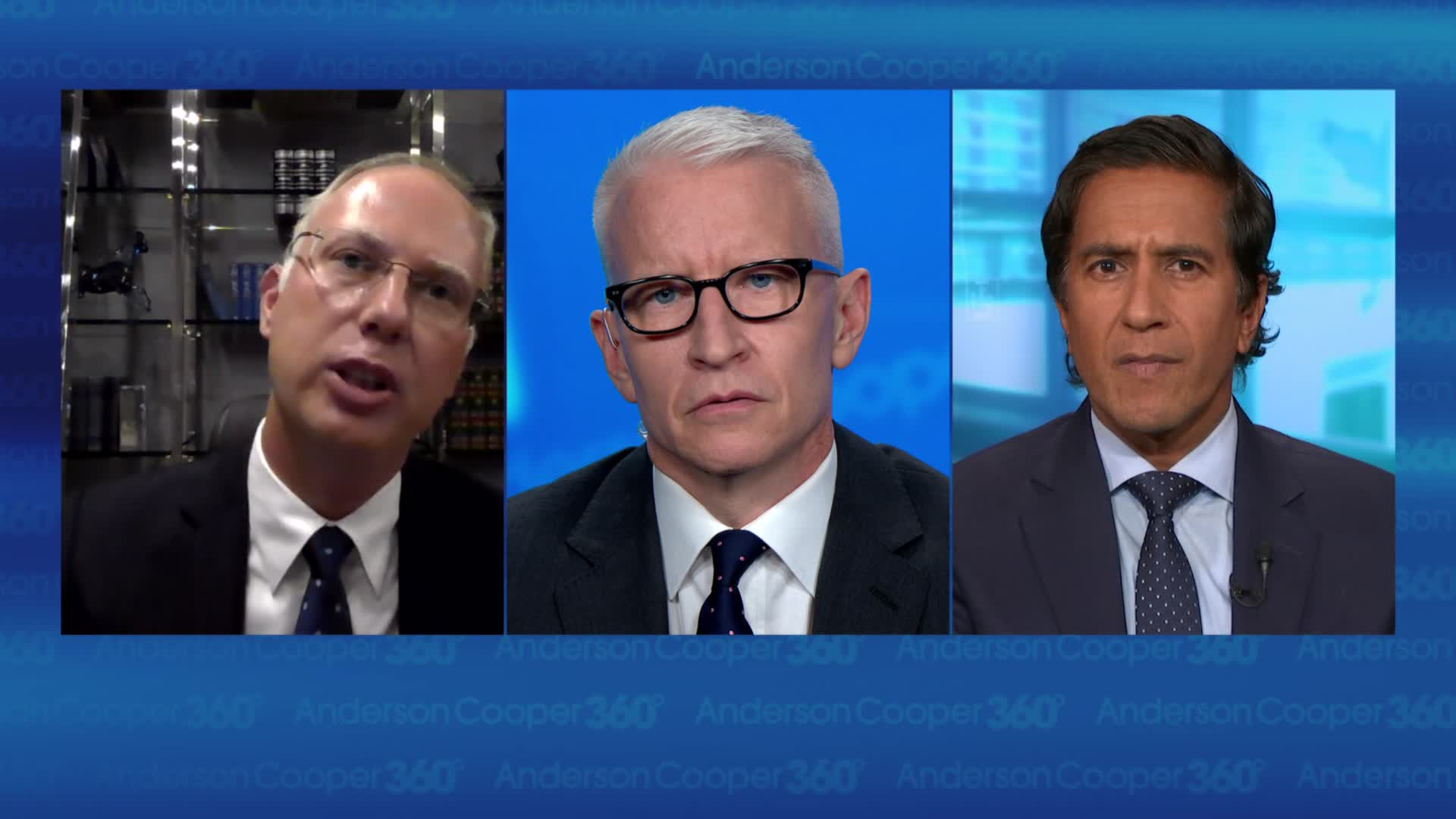
Kirill Dmitriev, head of the Russian Direct Investment Fund (RDIF), which is funding the coronavirus vaccine research approved in Russia said Tuesday the rollout of the drug "will be very gradual."
"We're not going to give it to 10 million people tomorrow," Dmitriev told CNN's Anderson Cooper and Dr. Sanjay Gupta. "It's going to be a very gradual, careful rollout going forward."
Developed by the Moscow-based Gamaleya Institute, the vaccine has been named Sputnik-V, a reference to the surprise 1957 launch of the world's first satellite by the Soviet Union. It has yet to go through crucial Phase 3 trials where it would be administered to thousands of people.
"We can say that it works," Dmitirev told Gupta. "I've taken it myself. I've given it to my parents, to my wife."
The announcement of the Russian coronavirus vaccine has been met with worldwide skepticism.
The World Health Organization said in a statement about the Russian vaccine that "accelerating vaccine research should be done following established processes through every step of development to ensure that any vaccines that eventually go into production are both safe and effective."
Cooper asked Dmitriev, "To those who are saying that this vaccine was rushed. You said it was proven. How has it been proven effective?"
"It's been proven through phase one, phase two trial," Dmitriev said. "We will have phase three trials in many other countries, in the UAE, Saudi Arabia, Brazil and Philippines."
"According to Russian law, when you have a pandemic, when you have epidemia like this, you can do phase three concurrently with launching to high-risk groups, which we are doing. We believe that's exactly the right approach, and this approach makes sense. And the rest of the world knowing some of the science behind our vaccine really likes what they see. We received 1 billion doses preorder already for the vaccine. I think time will tell the success of the Russian approach.
Russia has released no scientific data on its testing and CNN is unable to verify the vaccine's claimed safety or effectiveness.
Fauci says he seriously doubts Russia has proven new vaccine is safe and effective
From CNN's Lauren Mascarenhas
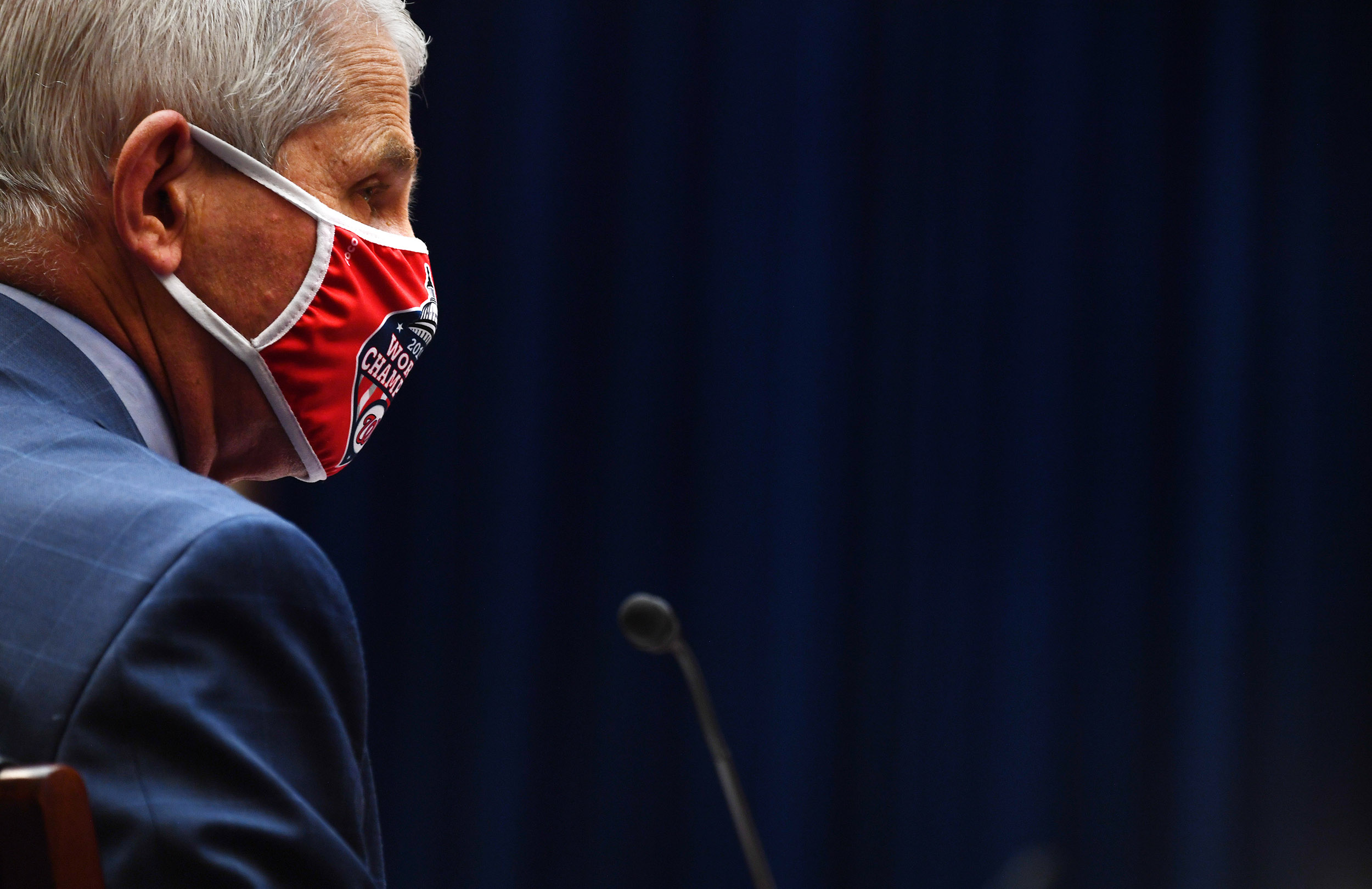
Dr. Anthony Fauci, the US' top infectious disease expert, said he seriously doubts Russia has proven its coronavirus vaccine is safe and effective after Moscow said it had approved a drug for use Tuesday.
“I hope that the Russians have actually, definitively proven that the vaccine is safe and effective. I seriously doubt that they've done that,” Fauci told Deborah Roberts of ABC News for a National Geographic event to broadcast Thursday. A portion of the interview was posted by National Geographic on Tuesday.
Fauci, the director of the National Institute of Allergy and Infectious Diseases, said that having a vaccine and proving that a vaccine is safe and effective are two different things.
“We have half a dozen or more vaccines,” Fauci said. “So if we wanted to take the chance of hurting a lot of people or giving them something that doesn't work, we could start doing this, you know, next week if we wanted to. But that's not the way it works.”
Fauci said that if and when Americans hear announcements from countries like Russia or China about vaccine development, they have to remember that the United States has certain safety and efficacy standards in place. Makers of the Russian vaccine have not yet released any data from human trials.
The US Food and Drug Administration has said that it will only approve a vaccine if it meets a 50% efficacy requirement.
In a statement emailed Tuesday, the World Health Organization said it is in touch with Russian scientists and authorities and looks forward to reviewing details of the trials. According to WHO, there are 28 vaccines in human trials around the world.
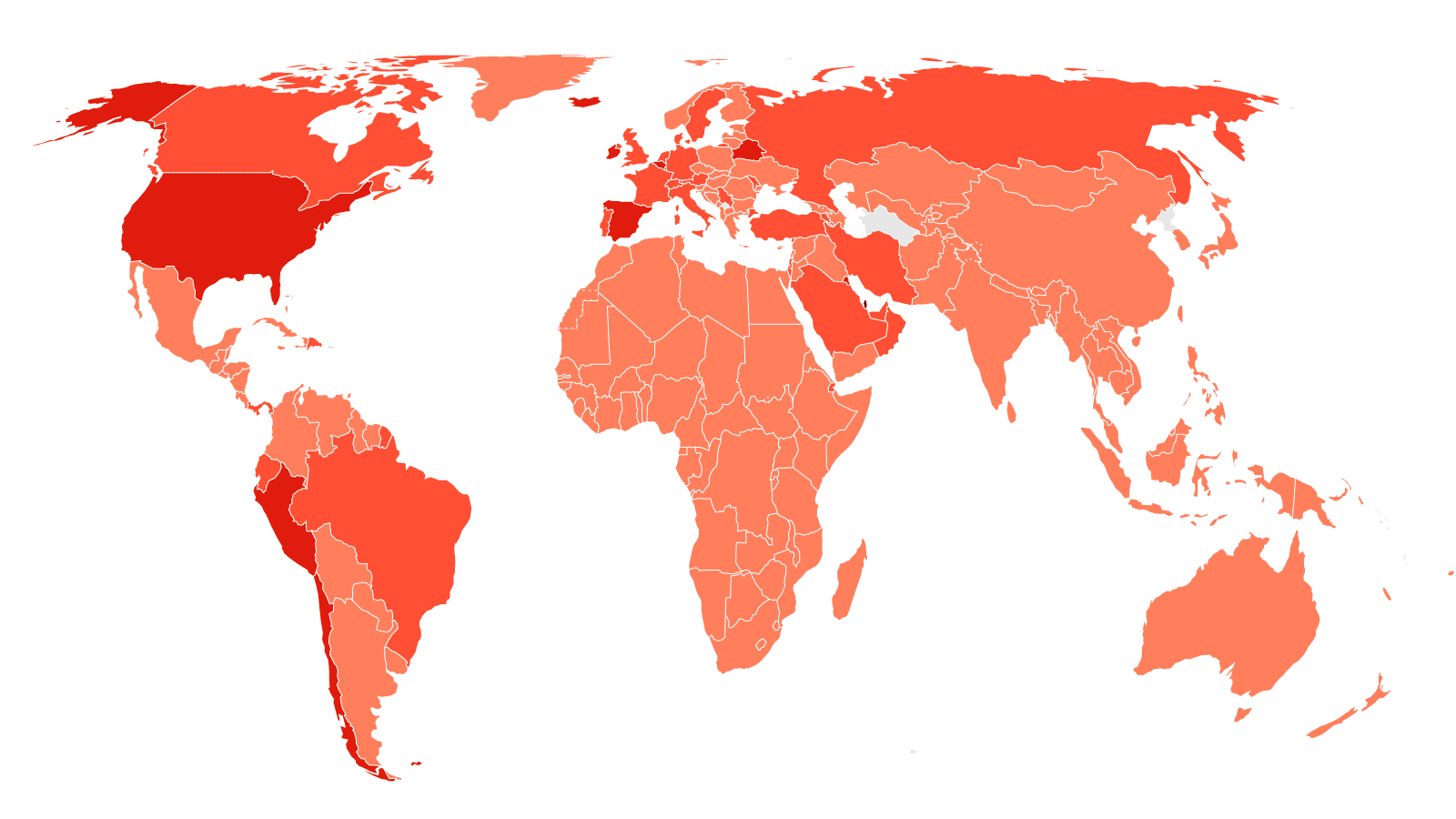
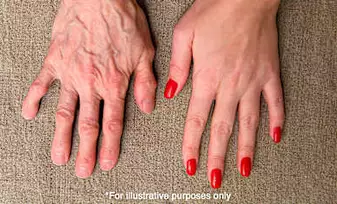
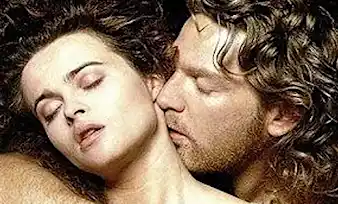
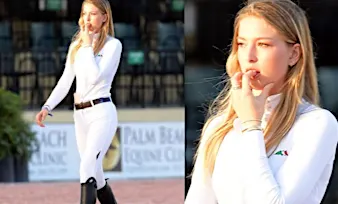
No comments:
Post a Comment